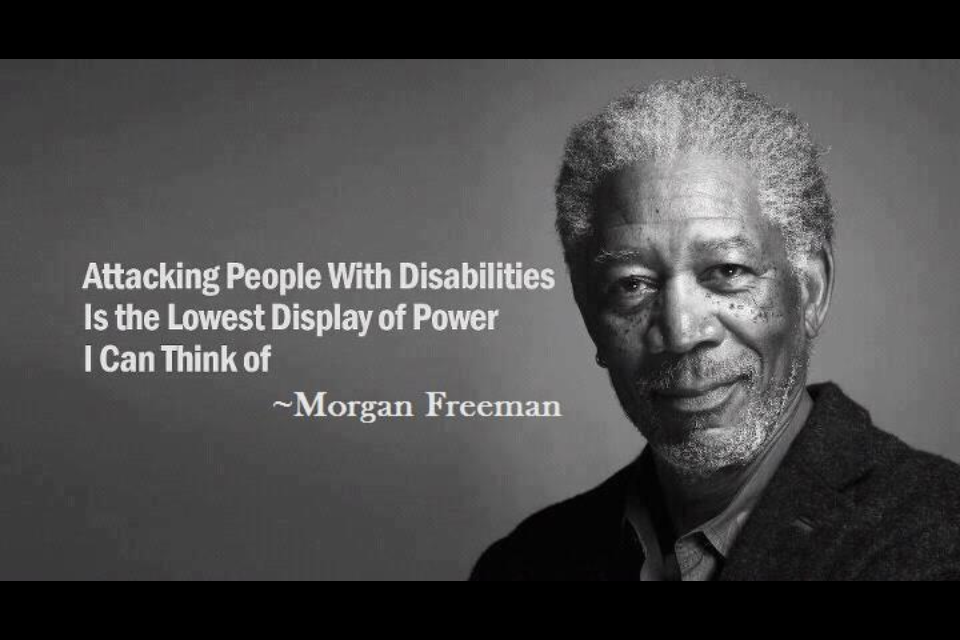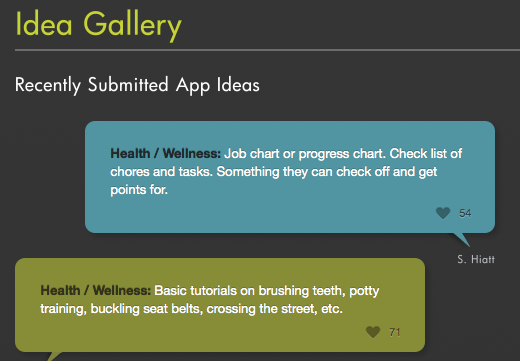Autism is not always simply something that negatively effects an individual it can also be an attribute toward success. While those with Autism think and respond to their environment differently, their skill set can also help them to be more successful at certain tasks.
I recently read an article from NYTimes, The Autism Advantage. It is about the discovery of this great advantage by a father who gave up his job to create a new business. His “company called Specialisterne, Danish for “the specialists,” on the theory that, given the right environment, an autistic adult could not just hold down a job but also be the best person for it.” The company contracts out individuals with high-functioning autism to help companies complete the tasks that these individual’s skill set is geared to naturally being successful at.
The article mentions a theory:
The “dandelion model”: when dandelions pop up in a lawn, we call them weeds, he said, but the spring greens can also make a tasty salad. A similar thing can be said of autistic people — that apparent weaknesses (bluntness and obsessiveness, say) can also be marketable strengths (directness, attention to detail). “Every one of us has the power to decide,” he said to the audience, “do we see a weed, or do we see an herb?”
This company does not hire anyone with Autism, however. It is only a small percent who fill their goal. His workers are able to do what the rest of us might consider mundane, repetitive tasks and stay thorough without the desire to do shortcuts the rest of us might be drawn toward.
For years, scientists underestimated the intelligence of autistic people, an error now being rectified… Other scientists have demonstrated that the autistic mind is superior at noticing details, distinguishing among sounds and mentally rotating complex three-dimensional structures.
The employees often work off site as social problems can still arise, but it is a great step toward using individual strengths toward helping the greater good.




